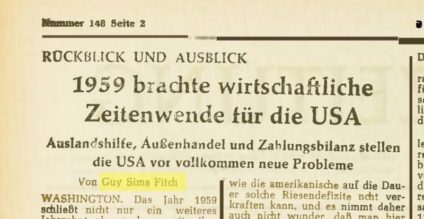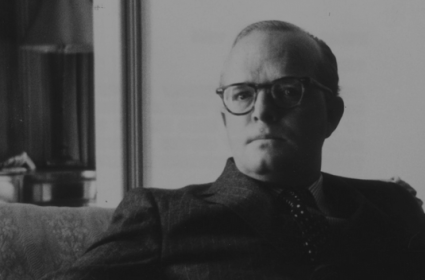Three academic scholars prove once again that you can’t trust academic journalism, especially when it comes to “grievance studies”. From Vinay Menon in The Star: “They are self-described liberals. They are merely exposing what many others have claimed in recent years, namely that radicals are polluting certain disciplines from the inside. These “social justice warriors,” the argument goes, are sacrificing objective truth for social constructivism. They are blowing up enlightenment values and the scientific method to advance agendas in the culture wars.”
h/t Peter, Linda, Susanne
Universities get schooled on ‘breastaurants’ and ‘fat bodybuilding’
by Vinay Menon
The Star
October 5, 2018
Oh, the humanities.
Fake news grabbed academia by the tweedy lapels this week, after three scholars confessed to a brazen hoax. Over the last year, Helen Pluckrose, Peter Boghossian and James A. Lindsay wrote bogus papers, which they submitted to peer-reviewed journals in various fields they now lump together as “grievance studies.”

In one “study,” published in a journal of “feminist geography,” they analyzed “rape culture” in three Portland dog parks: “How do human companions manage, contribute, and respond to violence in dogs?”
In another, using a contrived thesis inspired by Frankenstein and Lacanian psychoanalysis, they argued artificial intelligence is a threat to humanity due to the underlying “masculinist and imperialist” programming.
They advocated for introducing a new category — “fat bodybuilding” — to the muscle-biased sport. They called for “queer astrology” to be included in astronomy. They offered a “feminist rewrite” of a chapter from Hitler’s Mein Kampf. They searched for postmodern answers to ridiculous queries such as: why do straight men enjoy eating at “breastaurants” such as Hooters? Continue reading “Academic Journalism?”

 Guy Sims Fitch had a lot to say about the world economy in the 1950s and 60s. He wrote articles in newspapers around the globe as an authoritative voice on economic issues during the Cold War. Fitch was a big believer in private American investment and advocated for it as a liberating force internationally. But no matter what you thought of Guy Sims Fitch”™s ideas, he had one big problem. He didn”™t exist.
Guy Sims Fitch had a lot to say about the world economy in the 1950s and 60s. He wrote articles in newspapers around the globe as an authoritative voice on economic issues during the Cold War. Fitch was a big believer in private American investment and advocated for it as a liberating force internationally. But no matter what you thought of Guy Sims Fitch”™s ideas, he had one big problem. He didn”™t exist. To the general public, the name JT LeRoy probably rings only the vaguest of bells, if any at all. It didn’t for this particular critic. But that innocent ignorance is all the more reason to seek out the documentary “
To the general public, the name JT LeRoy probably rings only the vaguest of bells, if any at all. It didn’t for this particular critic. But that innocent ignorance is all the more reason to seek out the documentary “
